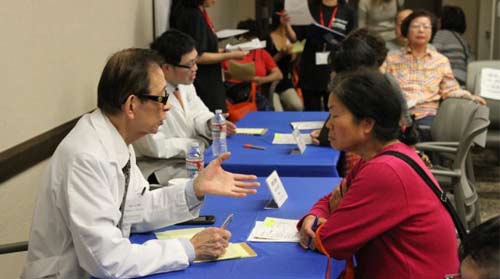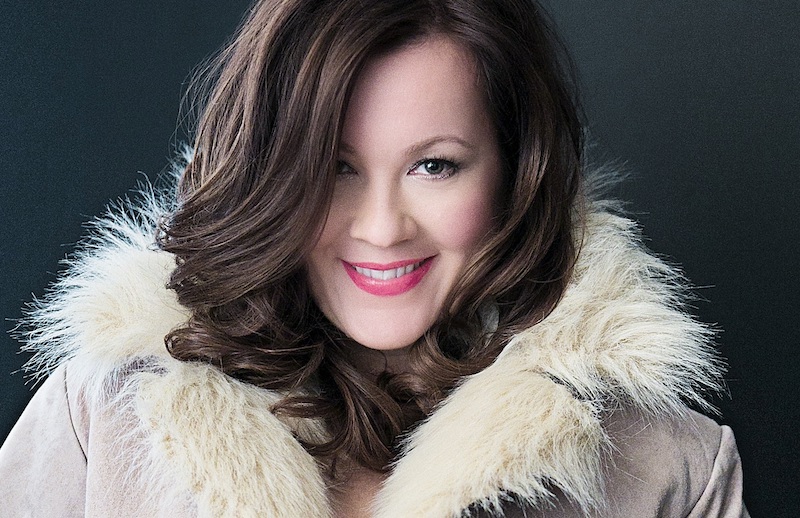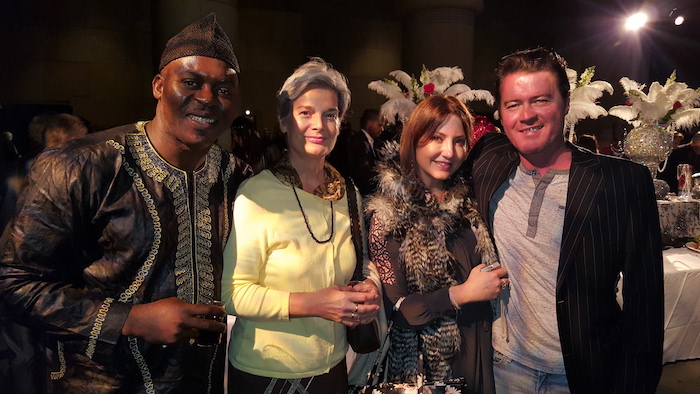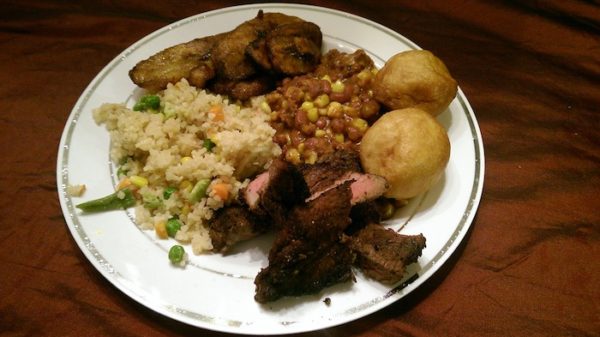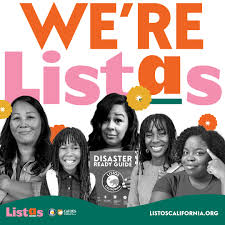SAN FRANCISCO–Living in a city with large Chinese population, most Chinese seniors here might think they are lucky to have fewer challenges than immigrant seniors living outside of the San Francisco area.
However, when it comes to health care access, there are few differences. Most Chinese seniors living in the Bay Area say they are afraid of seeing a doctor because of language barrier, say experts here.
“Successful aging” is a term refers to physical, mental and social wellbeing in older age. Kyaw M. Min, a Chinese physician in Stockton, did research on Chinese seniors with cardiovascular diseases in completing a special online fellowship through Stanford University Medical School’s In-reach for Successful Aging through Education (iSAGE) Program.
The iSAGE program is available at no cost to anyone wishing to understand more about health and social challenges for ethnic elders, including both laymen and health professionals. The 40-hour online course also includes a research project each fellow must design and complete.
Seniors Aware of Heart Risks
Min’s research included in-depth interviews with six Chinese seniors and aimed at evaluating the quality the health-service needs of Chinese seniors.
Min said heart disease is one of the leading causes of death in the United States, and the Chinese elders are aware of the risk of heart disease.
According to Min’s research, Chinese older adults have a basic sense of the potential impact of heart conditions and know that smoking, obesity or high blood pressure would contribute to cardiovascular diseases.
The Chinese seniors Min interviewed told him that they exercise regularly and eat healthy meals to avoid getting heart disease.
Min said Chinese culture and beliefs play an important role in the medical field. Most of the seniors believe in the principles of Yin Yang, the Chinese philosophy describing how opposite or contrary forces are actually complementary, interconnected and interdependent in the natural world.
By believing this concept, most Chinese seniors would prefer keeping balance in their lives. Most older Chinese people here also prefer to take Chinese herbal remedies and other traditional medical practices, rather than Western medicine.
With different cultural backgrounds and languages, Min said, if healthcare providers or other doctors understood Chinese culture and language, they could better understand their Chinese patients.
One Hospital’s Chinese Health Program
In 2012, El Camino Hospital in Mountain View, in California’s Silicon Valley, began its Chinese Health Initiative, a program mainly to help members of the Chinese community understand health care concerns and to accommodate their cultural preferences better. The hospital has also built a network of Chinese doctors.
Yu Yijing, who manages the hospital’s Chinese Health Promotion Program, said that the eating habits of Chinese patients’ are much different than those of average Americans.
For example, Chinese elders prefer to drink warm water or hot tea rather than ice water. El Camino Hospital provides Chinese meals, such as porridge, for those patients to accommodate their needs.
Yu also noted that the language barrier is a main reason preventing many Chinese seniors from receiving health services. Inadequate language interpretation services in many places deters a majority of older Chinese patients from seeing a doctor in the U.S., especially when the elders are unfamiliar with the health care system here.
El Camino Hospital prepared a list of doctors who can speak Mandarin, and it published “Chinese Senior Health Guide,” [http://tinyurl.com/myp7ejm] which includes bilingual medical resources and common diseases of particular interest to older Chinese adults. This handbook also describes the possible side effects if Chinese patients take both Western and Chinese medicine.
Tell Doctors of Your Needs
Peter Cheng, MD, practices at Palo Alto Medical Foundation in Palo Alto, explained, “‘Successful aging’ is a common term in health care, but there is no clear definition of this so far. A possible definition involves helping seniors live happily in their later years.”
He added that people with different backgrounds have different habits. In order to have a better understanding between health care providers and patients, all of them have to be open-minded and learn different cultures from each other.
Cheng also suggests that Chinese seniors “let your doctors know your needs.” Mutual trust and interaction between doctors and patients would bring better treatments. If a patient lets the medical team and doctors know their needs, the team could provide better services.
Richard Lee wrote this article for World Journal supported by a New America Media fellowship in collaboration with the Stanford In-reach for Successful Aging through Education Program.

